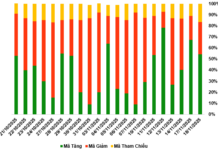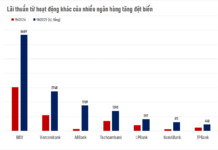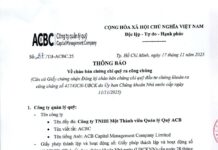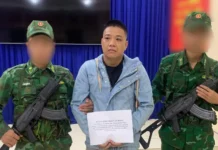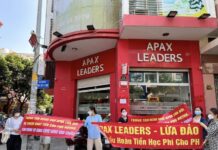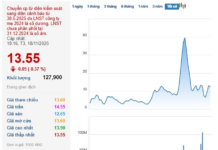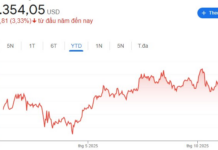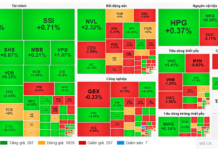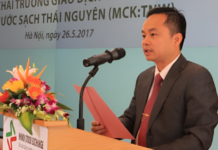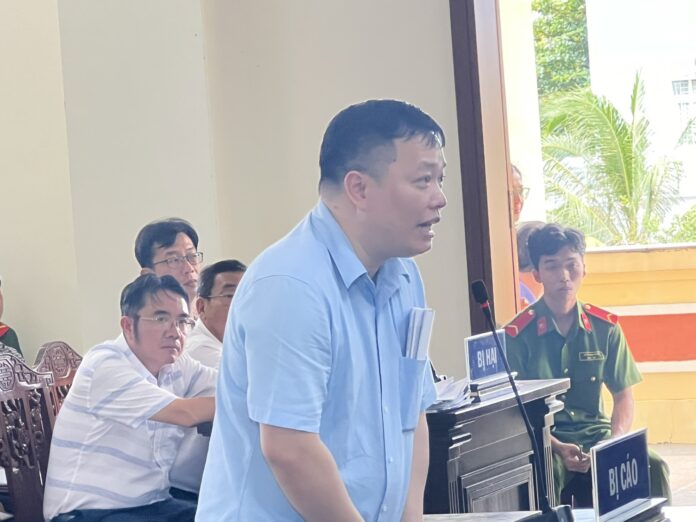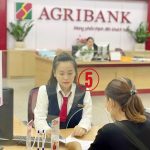On August 16, the People’s Court of Can Tho City opened the first-instance trial (for the second time) for the case of “Violation of regulations on lending in the activities of credit institutions,” which took place at the Can Tho Branch of the Vietnam Bank for Agriculture and Rural Development (Agribank Can Tho) after two postponements.
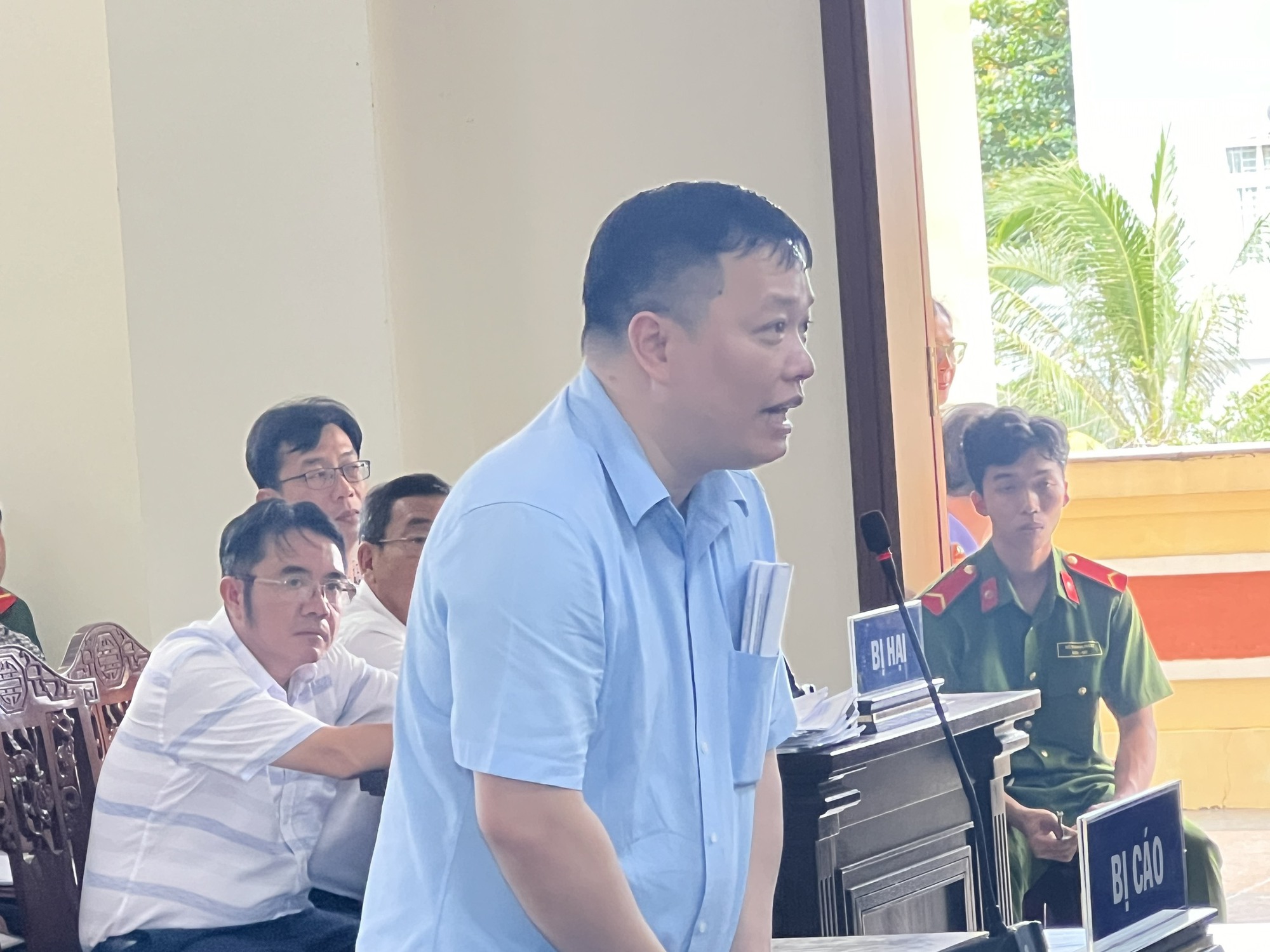
Defendant Nguyen Huynh Dat Nhan
The defendants included: Le Thanh Hai (60 years old) and Tran Huy Lieu (52 years old), former Director and Deputy Director of Agribank Can Tho, respectively; Bui Tuan Anh (49 years old), former head of the Credit Department; Nguyen Huynh Dat Nhan (44 years old), director of Tay Nam Agricultural and Aquatic Products One-Member LLC; Pham Tuong Thi (44 years old); and Nguyen Van Dat (38 years old).
According to the indictment of the Can Tho City People’s Procuracy, from 2006 to 2013, Nhan established seven companies, hired directors and accountants, but personally managed all activities. As Nhan had credit relations with Agribank Can Tho since 2011, he wanted to borrow money under Decision No. 63/2010 of the Prime Minister (stipulating policies to support the reduction of post-harvest losses for agricultural and aquatic products). Lieu instructed Nhan to establish an agricultural company and prepare the necessary documents, while also introducing him to Hai.
Nhan established Tay Nam Agricultural and Aquatic Products One-Member LLC (Tay Nam Company) and set up a project in Hau Giang Province. Hai instructed Lieu and Tuan Anh to assist Nhan in completing the paperwork. Despite knowing that Tay Nam Company did not meet the lending requirements, they agreed and legalized the documents. Nhan, together with Hai, Lieu, and Tuan Anh, inflated the value of the mortgaged assets.
Hai, Lieu, and Tuan Anh allowed Nhan to use the borrowed money for purposes other than what was agreed upon, such as purchasing real estate, repaying debts, compensating for site clearance, and depositing savings. These actions caused losses of over VND291 billion to Agribank.
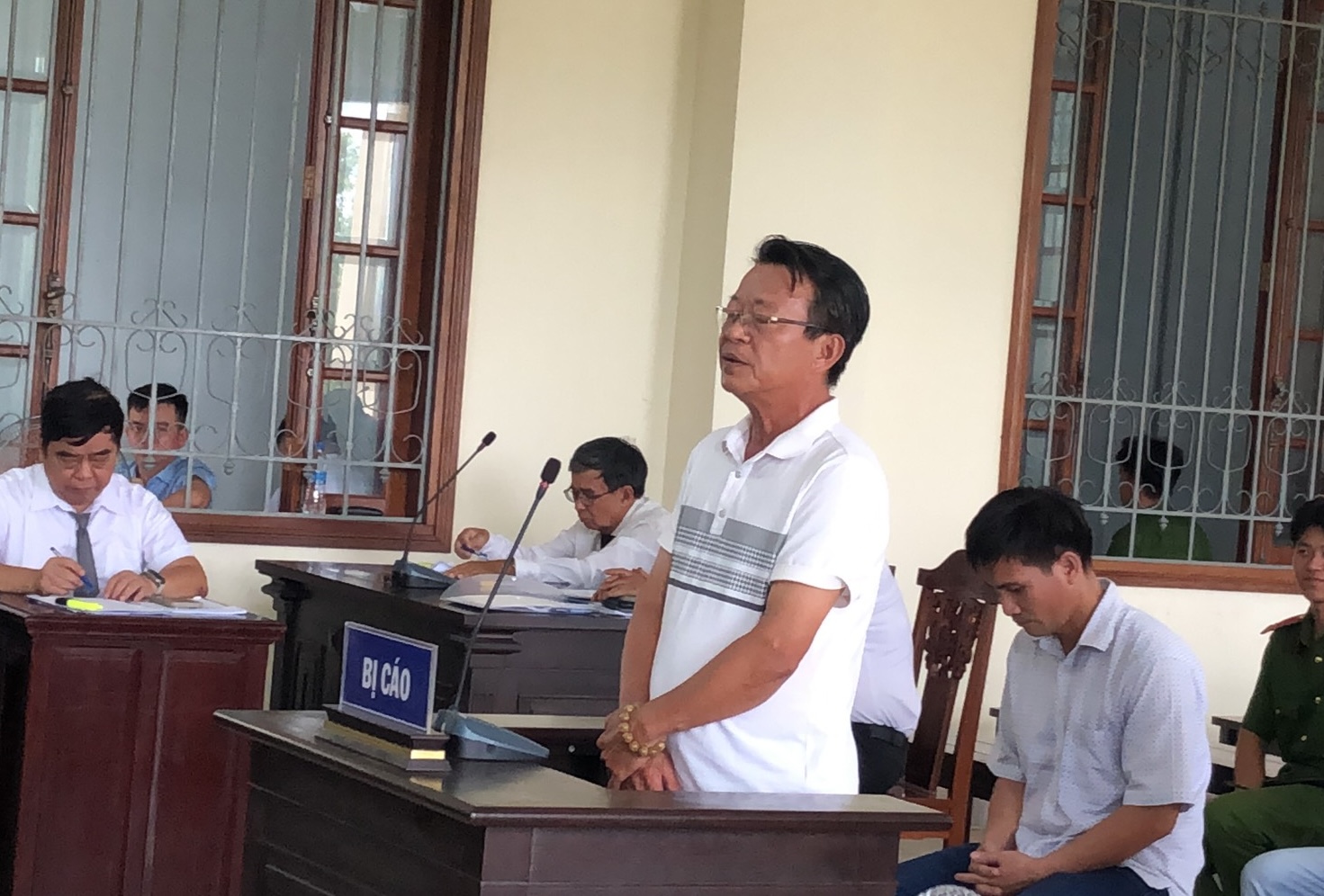
Defendant Le Thanh Hai answering the court’s questions during the trial
During the trial, defendant Nhan denied all charges in the indictment. He argued that Tay Nam Company’s project completely met the lending requirements. This was recognized by the local authorities of Hau Giang Province, and Agribank had clearly appraised it before handing over the lending procedure to Agribank Can Tho.
Defendant Hai admitted to his negligence and shortcomings in the case but refused to acknowledge any wrongdoing. He claimed that the loan for the project was appropriate, but there were procedural shortcomings and issues with the appraisal value for disbursement. However, he admitted that he could not control the capital flow after disbursement. The client used the capital for purposes other than what was agreed upon.
Defendant Lieu denied colluding to inflate the value of the collateral. He stated that the loans had collateral guarantees, and Agribank has affirmed that there are no losses so far. Lieu admitted to procedural shortcomings but denied any personal gain.
Defendant Thi admitted to the charges but stated that he was following the instructions of his superior, specifically Nhan.
Defendant Dat admitted to the acts mentioned in the indictment. However, he disagreed with his role as an accomplice. Dat stated that, given his assigned role and responsibilities, it was his duty to establish debt management plans and manage the capital flow after disbursement.
The trial will continue on August 19.
Latest Interest Rates at Agribank in February 2023: Highest Rate for 24-month Term
Interest rates for deposits at Agribank have further decreased in early February 2024 compared to January. Specifically, individual customers’ deposits are subjected to interest rates ranging from 1.7% to 4.9% per annum, while business customers’ deposits are subjected to interest rates ranging from 1.7% to 4.2% per annum.
Researching a Dedicated Credit Package for the Collective Economic Area
On February 2, Prime Minister Pham Minh Chinh presided over the 2024 Economic Cooperation Forum, focusing on “Enhancing State support policies in accordance with Resolution 20-NQ/TW – Driving force for the development of collective economy and cooperatives in the new phase.”

